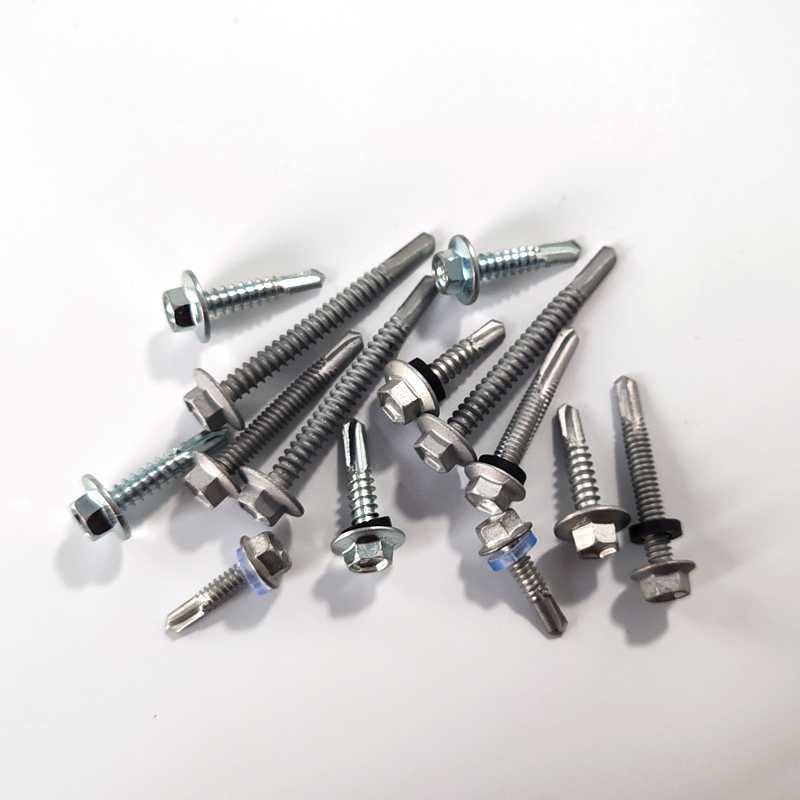hex head bolt
The hex head bolt is a vital component in the world of fasteners, widely used across various industries due to its robust design and versatility. Recognized for its hexagonal head, which allows for easy tightening and loosening with a wrench, this type of bolt is commonly employed in construction, automotive, and machinery applications.
One of the essential characteristics of hex head bolts is their ability to withstand high levels of torque. The flat surfaces of the hexagon provide ample grip for tools, making it easier to secure large assemblies and structures. This feature is particularly crucial in heavy-duty applications, where the integrity of a joint can have significant implications for safety and performance.
Hex head bolts are typically made from high-strength materials, including carbon steel, stainless steel, and alloy steel, allowing them to resist shear and tensile forces effectively. The selection of material often depends on the specific requirements of the application, including resistance to corrosion, temperature variations, and stress levels.
In addition to their strength and durability, hex head bolts come in various sizes and grades
. The grading system, which includes classifications like Grade 2, Grade 5, and Grade 8, indicates the bolt's mechanical properties and its load-bearing capacity. Engineers and builders can choose the appropriate grade based on the demands of their projects, ensuring optimal performance.hex head bolt

Another advantage of hex head bolts is their ease of sourcing and compatibility with various tools. Standardization in sizes and threading allows for them to be readily available in hardware stores and from manufacturers. This universality simplifies the repair and maintenance processes in many applications, as replacements can be quickly procured without extensive modification.
Moreover, the versatility of hex head bolts extends to their use in conjunction with washers and nuts, which create a more secure and stable fastening solution. Washers distribute the load over a wider area to prevent damage to the surface, while nuts provide an additional locking mechanism to keep the bolt securely in place.
In conclusion, hex head bolts play a critical role in various industries thanks to their strength, versatility, and ease of use. From securing automotive components to forming the backbone of construction projects, these fasteners continue to be indispensable in building safe and durable structures. As technology advances and materials evolve, hex head bolts will undoubtedly remain a cornerstone in the world of fasteners, adapting to meet the changing demands of modern engineering and construction.
-
Weatherproof Plastic Expansion Anchors for OutdoorNewsJun.06,2025
-
Sustainability in the Supply Chain: Eco-Friendly TEK Screws ProductionNewsJun.06,2025
-
Load-Bearing Capacity of External Insulation FixingsNewsJun.06,2025
-
Double Head Bolts: Enhancing Efficiency in Industrial MachineryNewsJun.06,2025
-
Corrosion Resistance in Chipboard Screws: Coatings for Wholesale DurabilityNewsJun.06,2025
-
Butterfly Toggle Bolts : Enhancing Structural ResilienceNewsJun.06,2025
